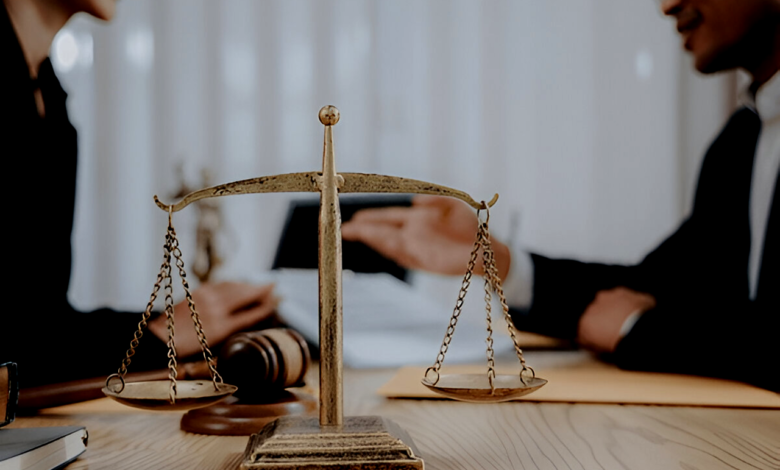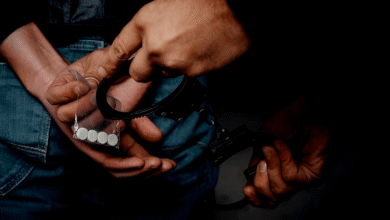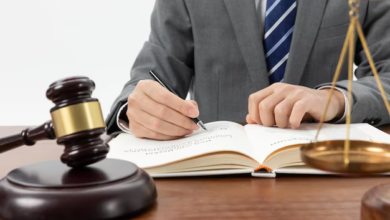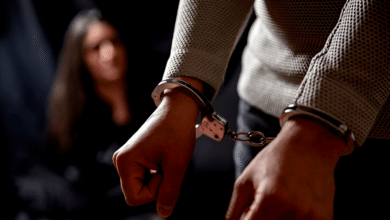Juvenile Criminal Law in Ohio What Parents Need to Know in 2025
Juvenile criminal law in Ohio 2025 Key updates on penalties parental rights and rehabilitation options for minors facing legal trouble.

Navigating the complexities of juvenile criminal law in Ohio can be daunting for parents, especially as legal standards and procedures evolve. In 2025, several key changes and existing statutes will impact how minors are treated within the justice system. Understanding these laws is crucial for parents to protect their children’s rights and ensure fair Criminal Law. This article provides a comprehensive overview of Ohio’s juvenile justice system, recent updates, parental responsibilities, and steps to take if a child faces legal trouble.
As the legal landscape shifts, staying informed about juvenile criminal law in Ohio can make a significant difference in outcomes for young offenders. From diversion programs to potential expungement, knowing the available options helps parents guide their children toward rehabilitation rather than harsh penalties. By the end of this guide, parents will have a clearer Criminal Law of their role in the process and how to advocate effectively for their child’s future.
Juvenile Criminal Law in Ohio What Parents Need to Know in 2025
Rehabilitation-Focused Approach
Unlike the adult criminal system, Ohio’s juvenile courts prioritize rehabilitation over punishment. Minors accused of delinquent acts (crimes that would be offenses if committed by adults) or unruly behavior (status offenses like truancy or underage drinking) are processed through a system designed to address the root causes of their actions. Judges often order Criminal Law, community service, probation, or educational programs rather than incarceration. The goal is to correct behavior while avoiding the long-term consequences of a criminal record. However, repeat offenses or serious violent crimes may result in stricter penalties, including placement in juvenile detention facilities.
Potential Transfer to Adult Court for Serious Crimes
While most juvenile cases remain in the specialized court system, Ohio law allows and, in some cases, requires certain serious offenses to be transferred to adult criminal court. This typically applies to older teens (usually 16 or 17) charged with violent felonies, such as murder, aggravated robbery, or sexual assault. If tried as an adult, the minor could face the same penalties as an adult, including prison time. Prosecutors and judges consider factors like the offense’s severity, the minor’s Criminal Law history, and their potential for rehabilitation before deciding on a transfer.
Key Differences Between Juvenile and Adult Court
One major distinction is that juvenile proceedings are generally confidential, protecting the minor’s record from public scrutiny. Additionally, juvenile courts use terms like “adjudication” instead of “conviction” and “disposition” instead of “sentencing.” These differences reflect the system’s goal of rehabilitating rather than punishing young offenders.
Types of Juvenile Offenses
Juvenile offenses in Ohio fall into three main categories Delinquency Acts These are crimes that would be offenses if committed by an adult, such as theft, assault, or drug possession. Unruly Acts Behaviors that are illegal only for minors, such as truancy, running away, or underage drinking. Traffic Offenses While minor traffic violations are typically handled separately, serious offenses like OVI (Operating a Vehicle Impaired) can lead to juvenile court involvement.
Recent Changes in 2025
In 2025, Ohio has implemented several updates to juvenile criminal law, including Expanded Diversion Programs More first-time offenders are being directed toward community service, counseling, or educational programs instead of formal court proceedings. Stricter Gun-Related Offenses Due to rising juvenile gun violence, penalties for firearm-related Criminal Law have increased, with fewer opportunities for diversion. Mental Health Considerations Courts are placing greater emphasis on mental health evaluations and treatment options for juveniles with behavioral health issues. Expungement Reforms The process for sealing juvenile records has been streamlined, allowing more minors to clear their records sooner.
Parental Rights and Responsibilities
Parents play a Criminal Law role in the juvenile justice process. When a child is arrested or cited, parents must understand their rights and obligations to ensure the best possible outcome.
What Happens When a Juvenile is Arrested?
Unlike adults, juveniles are not always taken to a detention center immediately. Depending on the offense, law enforcement may Issue a warning and release the minor to their parents. Refer the case to juvenile court without detention. Place the child in a temporary holding facility if the crime is severe. Parents must be present during police questioning, as juveniles have the right to have a parent or attorney present before making any statements.
Legal Representation for Juveniles
While public defenders are available, hiring a private attorney with experience in juvenile criminal law in Ohio can significantly impact the case’s outcome. A skilled lawyer can negotiate for diversion programs, reduced charges, or even case dismissal in some Criminal Law.
Parental Liability
Ohio holds parents financially responsible for certain actions of their children, including property damage or theft restitution. In extreme cases, parents may face neglect charges if their child’s criminal behavior stems from lack of supervision.
Potential Consequences for Juvenile Offenses
The penalties a minor face depend on the offense’s severity, prior record, and other factors. Possible outcomes include Probation The court may impose supervision, mandatory counseling, or community service. Detention For serious crimes, a juvenile may be placed in a youth detention center. Fines or Restitution Courts can order payment for damages or fines. House Arrest or Electronic Monitoring Some offenders may be confined to their homes. Transfer to Adult Court In cases involving violent crimes, older teens may be tried as adults.
How Parents Can Help Their Child
Seek Legal Counsel Immediately An attorney can guide the family through the process and protect the child’s rights. Encourage Accountability Teaching responsibility helps prevent repeat offenses. Explore Rehabilitation Options Counseling, mentoring, or educational programs can steer a child away from further trouble. Understand Expungement Opportunities Clearing a juvenile record can improve future education and employment prospects.
Read More: How Alimony is Calculated in North Carolina A Legal Breakdown
Conclusion
Understanding the complexities of juvenile criminal law in Ohio is crucial for parents navigating the legal system in 2025. With recent reforms emphasizing rehabilitation while imposing stricter penalties for serious offenses, parents must stay informed to protect their child’s rights and future. Whether facing minor delinquency charges or more severe allegations, knowing the legal process, available defenses, and potential consequences can make a significant difference in the outcome. By Criminal Law closely with legal professionals and advocating for fair treatment, parents can help guide their child toward accountability and positive growth rather than long-term repercussions.
The juvenile justice system in Ohio is designed to balance discipline with second chances, but parental involvement plays a key role in ensuring the best possible resolution. From diversion programs to expungement opportunities, there are multiple pathways to help young offenders move forward without the burden of a criminal record. By educating themselves on juvenile criminal law in Ohio, parents can take proactive steps to support their child through legal challenges, reinforcing the importance of responsibility while safeguarding their future opportunities.
FAQs
Can a juvenile be tried as an adult in Ohio?
Yes, for severe crimes like violent offenses or repeat felonies, a juvenile may be transferred to adult court.
What is the youngest age a child can face charges in Ohio?
Ohio has no minimum age for juvenile court jurisdiction, but children under 12 are rarely prosecuted.
Are juvenile records public in Ohio?
No, juvenile records are typically sealed, though some serious offenses may remain accessible.
Can a juvenile record be expunged?
Yes, many juvenile offenses can be expunged, with recent reforms making the process Criminal Law.
Do parents have to pay for their child’s crimes?
In some cases, yes parents may be held financially responsible for restitution or damages caused by their child.











